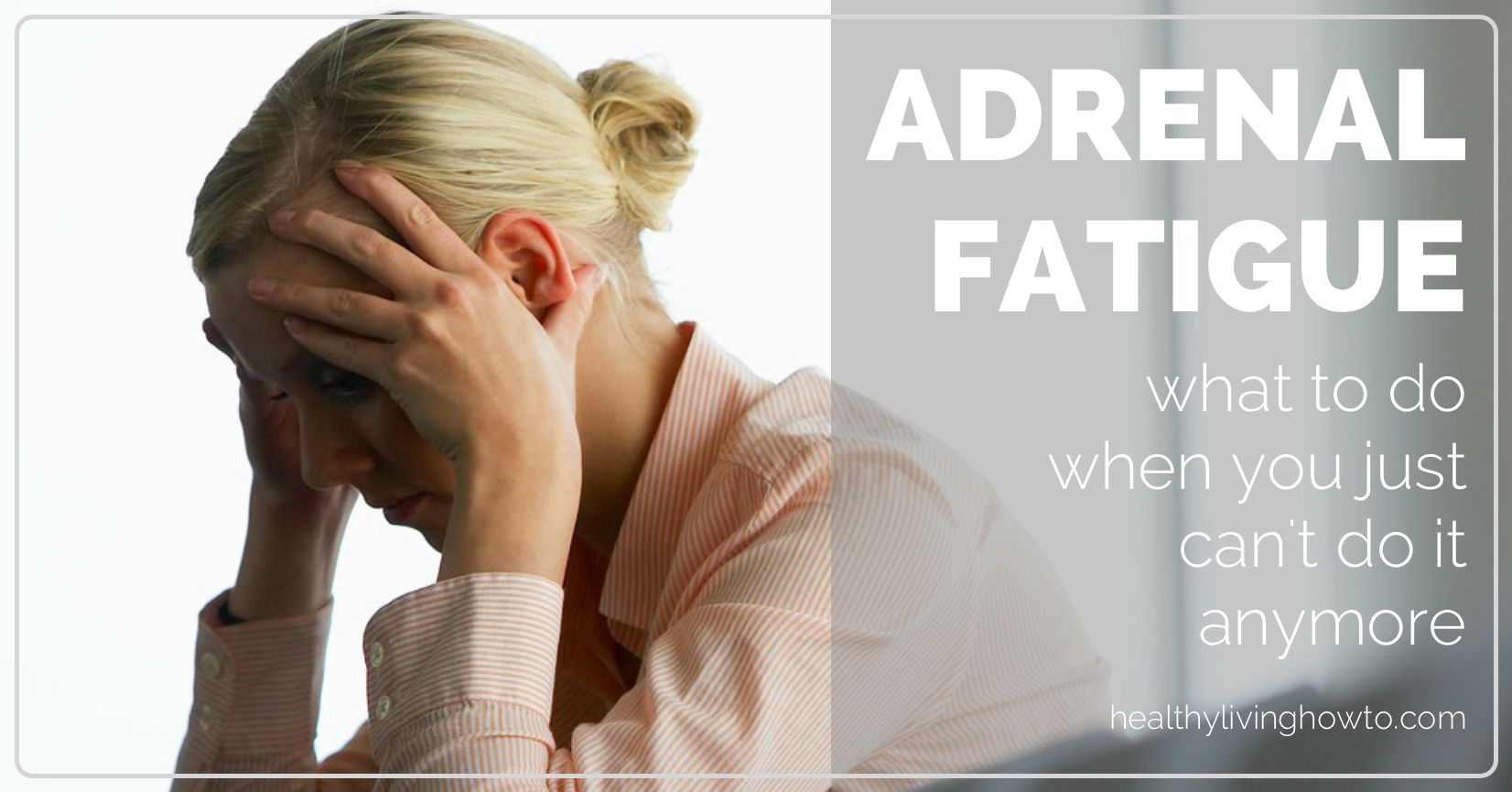Substance Abuse: Natural Treatment Care Model
A Continuous Care Model for Substance Abuse

Substance Abuse
Drug and substance abuse is more prevalent in todays society than we think. Did you know that 1 in every 10 Americans are addicted? However, only 11% of that population actually receive the treatment they actually need. Addiction patients’ biggest dream is the day they will break the chains of their addiction to these substances. These proven therapies are a comprehensive intregravtive approach to addiction treatment for alcohol, and substance abuse.
Natural Healthy Detox NAD and Intravenous Amino Acid Therapy for Substance Abuse
Nicotinamide Adenine Dinucleotide often abbreviated as NAD is a metabolic co-enzyme and has the important job of structuring, repairing, and remodeling every cell in the body. These specialized enzymes require constant replenishment in the body. Unfortunately, alcohol and substance abuse prompt the human brain to reorganize, particularly on a cellular level. This process, neuroadaptation, is directly responsible for addiction-related brain damage and depletion of neurotransmitters. NAD IV therapy can be used to replenish the drained enzymes and target brain restoration. The intravenous amino acid therapy focuses on biochemical detoxification of the body and brain from the effects of addiction.
Liver Detox for Substance Abuse with Amino Acids
Liver is a vital organ in the body. In most cases the liver is exposed to toxicity that may impair its functions if necessary actions are not taken to clear the mess- detoxify it. Amino acids can be used in detoxing the liver and restore its health. There are several essential amino acids however these two are very important in detoxifying the liver; valine. This is necessary for muscle metabolism and the repair of tissues. It can be useful in the treatment of liver and gallbladder disorders. Another amino acid that is equally important in detoxing the liver is methionine. This amino acid aids in the production of sulphur, which is necessary for normal metabolism and it is also essential for the synthesis of hemoglobin and glutathione that fights against free radicals.
Exercise for Substance Abuse Treatment
Exercise plays a vital role in achievement of healthy wellbeing. The body is made up of muscles that need to be strengthened in order to support the health of the body. Through exercise the body gets detoxified through sweating. Exercise also improves the metabolic functions of the body. Exercise aids the liver in detoxifying the body therefore relieving the liver from the burden of accumulated filtrate of toxins from alcohol and substance abuse. Exercise also strengthens the heart and improves the flow of blood hence increasing the rate at which the waste products are removed from the body.
Meditation for Substance Abuse Treatment
Meditation is a vital part of healing your mind body and spirit. Meditation is promoted to have many health benefits. Meditation is a perfect way to detox the mind and restore calmness throughout the body. However, it seems it serves more than just restoring calm and detoxing the mind; it also detoxifies the liver. It is argued that when the digestive system works well there is less buildup of waste in the liver. Good digestion is received when the body, mind and spirit are in synchrony. Meditation helps the body, the mind and the spirit to have good communication and enables proper metabolic functions of the body which is vital in liver health.
Hormonal Restoration for Substance Abuse Treatment
As discussed earlier, hormones are vital in a person’s body. They are the chemical messengers that are secreted directly into the blood. Without these hormones certain vital functions of the body cannot be accomplished. There are hormones that are responsible for metabolic functions. Sometimes hormonal fluctuations may interfere with the metabolic functions of the body leading to a liver overburdened with toxins. In such a scenario hormonal restoration becomes necessary to restore the health of the liver and the entire body.
Psychoneuro-Endocrine-Immune Restoration for Substance Abuse
The neuroendocrine and immune systems communicate bidirectionally. The neuro-immune-endocrine interface is mediated by cytokines acting as auto or endocrine factors regulating pituitary development, cell proliferation, hormone secretion, and feedback control of the hypothalamic-pituitary-adrenal (HPA) axis. Restoring the psychoneuroendocrine immune system beefs up the security of the body to fight unwanted pathogens hence vital in protecting the liver after detoxification.
Adrenal Rehabilitation for Substance Abuse
Adrenal glands play a major role in the body as it is the site on which many hormones are produced. However, alcohol and substance abuse may affect the adrenal glands making it inadequate to perform its function of secreting vital hormones that will keep the body in perfect health. After detoxifying the liver, the adrenal restoration becomes a vital procedure to ensure good liver health as well as body health.
Continuing Care for Substance Abuse
 After adrenal rehabilitation and liver detoxification, there is still need to continue providing care to those facing substance abuse. This will mean that he/she should maintain the good practices of health. It will also involve consolidating all the good practices that will keep he/she fit and away from issues with substance abuse.
After adrenal rehabilitation and liver detoxification, there is still need to continue providing care to those facing substance abuse. This will mean that he/she should maintain the good practices of health. It will also involve consolidating all the good practices that will keep he/she fit and away from issues with substance abuse.
Finally, you need more information to stay away from dependence on substance and drugs as these have crippled societies and that is why here at AWAREmed we are dedicated to finding the best solutions to addiction and substance abuse. Dr. Dalal Akoury (MD) helps any patient to be addiction free. Do not hesitate to call AWAREmed for help in managing type of addiction as well as other diseases.
A Continuous Care Model for Substance Abuse
Related articles








 Nicotine and Neurochemicals
Nicotine and Neurochemicals

















 Obesity in America: Safe Rapid weight loss, Obesity is preventable
Obesity in America: Safe Rapid weight loss, Obesity is preventable
 Testosterone restoration
Testosterone restoration



